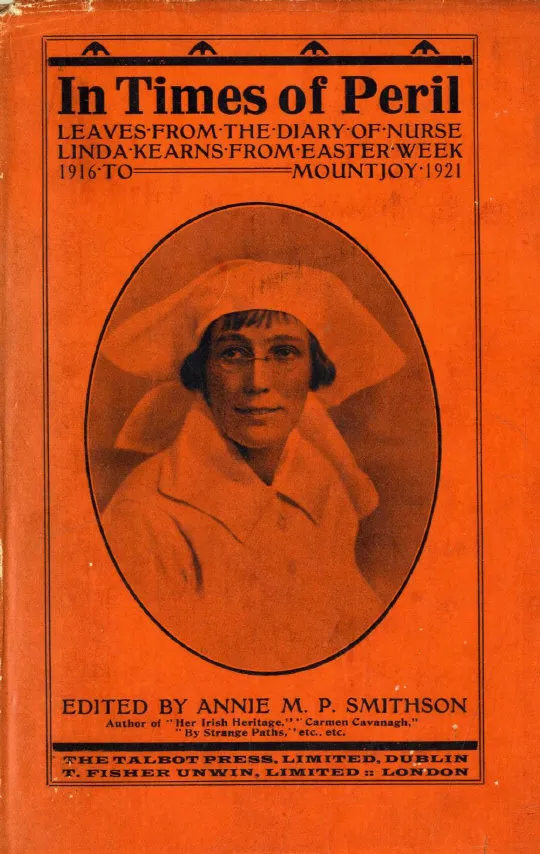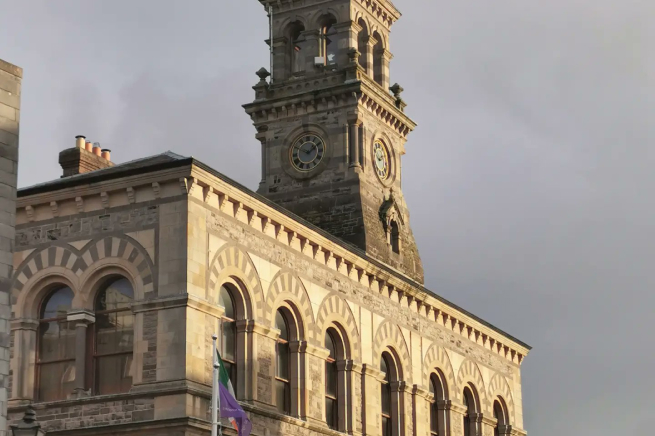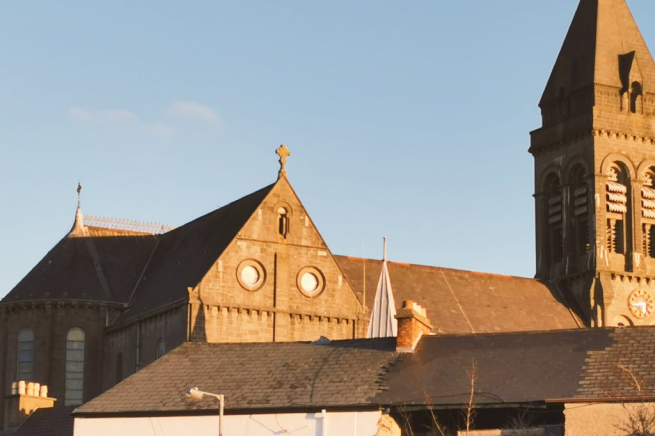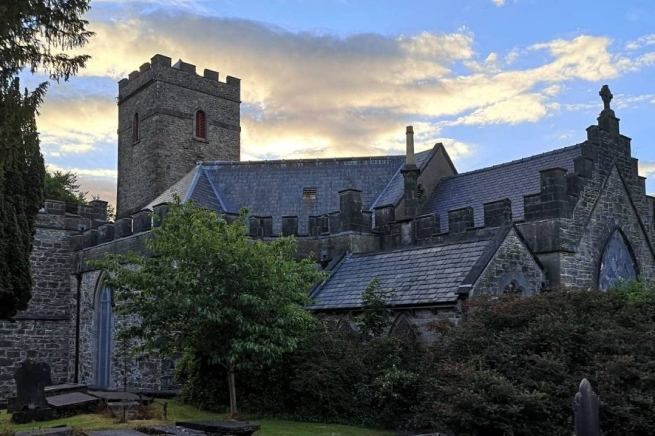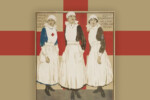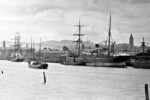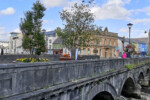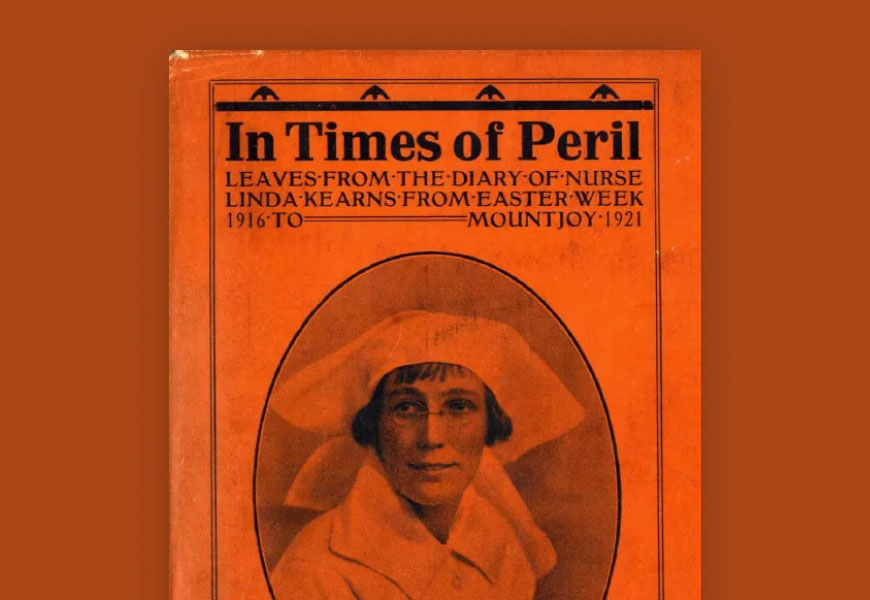
Untold Women’s Stories Unveiled: From Easter Rising Nurse To Arms Smuggler
Sligo Women’s History – Profile on Linda Kearns MacWhinney
Born in Cloonagh, Dromard, County Sligo, in 1886, Belinda Kearns known as Linda, would go on to make a significant impact on Irish independence. Her parents were farmers in west Sligo and there were nine children in the family. Kearns obtained a scholarship to attend secondary school in Belgium. After completing her secondary school education, Kearns returned to Ireland and began training to be a Nurse at Baggot Street Hospital, Dublin. After finishing her studies, she obtained a private nursing job with wealthy barrister, Maurice O’Connor Morris. After O’Connor Morris passed away in 1916, he left the princely sum of 2,500 to Kearns in his will. This was to prove quite fortuitous, as Kearns would use the money to buy a motorcar and learn to drive.
In 1914, Kearns joined Cumann naBan, a republican organisation for civilian women. During the Easter Rising in 1916, she exhibited extraordinary courage by establishing a Red Cross field hospital in an empty house on North Great Georges St. in Dublin, where she tirelessly treated the wounded from both sides of the conflict. The British authorities made her close it down as they disagreed with her treating Irish volunteers. This marked the beginning of Linda’s significant role in Irish independence.
Beyond her medical duties, Linda became a crucial figure in the fight for independence. As the owner of a car, Kearns became a valuable asset for the IRA. She served as a driver for Michael Collins and actively participated in military actions, transporting messages, arms and volunteers. Her commitment to the cause led to multiple arrests. In November 1920 while transporting arms with three volunteers, the car was stopped and searched. Kearns and the men were arrested and brought to Sligo RIC Barracks, where she was interrogated and beaten up. She was imprisoned in Sligo jail and then transferred to Derry jail. She was found guilty and sentenced to ten years of penal servitude and transferred to a prison in Liverpool, England where conditions were described as medieval. After going on a hunger strike, she was transferred back to prison in Ireland. In October 1921, she and two other female prisoners escaped from Mountjoy jail.
In 1938, Linda Kearns transitioned to political service, being elected to the Seanad. Throughout her career, she advocated tirelessly for improved working conditions for nurses, leaving a lasting impact on her profession. Linda’s dedication and contributions were recognized with the Florence Nightingale medal, a testament to her exceptional services and unwavering commitment to the well-being of others.
Kearns married Charles MacWhinney a Republican from Derry in 1929 and had one daughter. She passed away in 1951 in Howth, Dublin.
